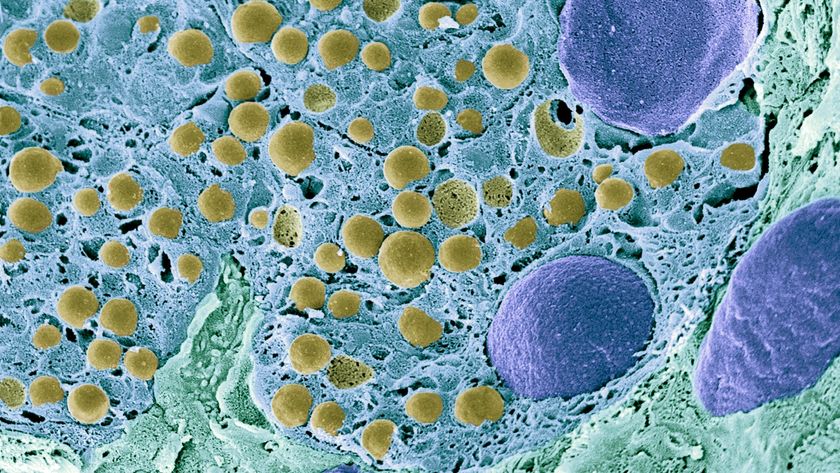Diabetes Linked to Brain Disorders

Malfunctions in how the body processes sugar that occur in diabetes and obesity could also explain mood and other mental disorders such as schizophrenia, researchers now reveal.
People with diabetes have problems processing insulin, the hormone that helps regulate sugar in the body. Scientists knew diabetics had an increased risk of psychiatric disorders, said researcher Kevin Niswender, an endocrinologist at Vanderbilt University Medical Center in Nashville, Tenn.
"In the diabetic population, 25 percent are depressed — in the normal population, it's only 10 percent," researcher Aurelio Galli, a biophysicist at Vanderbilt, told LiveScience.
Galli had earlier helped find that insulin also regulates the brain's supply of dopamine, a neurotransmitter with roles in attention, reward and motor activity. Disruptions in dopamine activity have been linked to brain disorders such as depression, Parkinson's disease, schizophrenia and attention-deficit hyperactivity disorder.
In new experiments, the researchers developed mice with an insulin-processing defect present only in their neurons. This was aimed at mimicking the disruptions in the insulin system caused by diabetes, high-fat diets, drug abuse and natural genetic variations in the brain.
The scientists found that rodents with this insulin defect had behavioral anomalies similar to ones frequently seen in patients with schizophrenia.
"So these abnormalities are quite simple," Galli explained. "Let's say you scare a person by yelling at them from behind. If you prepare this person with a sound test before you yell at them, they will normally be startled less, because they're more prepared for it. In people with schizophrenia, they're startled even if you prepare them beforehand. Now it doesn't mean that you have schizophrenia if you experience this, but a lot of people with schizophrenia have this, and these mice do as well."
Sign up for the Live Science daily newsletter now
Get the world’s most fascinating discoveries delivered straight to your inbox.
In the mice brains, the prefrontal cortex, which is a key brain region for handling mental processes, also had reduced levels of dopamine and higher levels of the stress hormone norepinephrine compared with normal mice.
These molecular changes the researchers saw resulted from elevated levels of a transporter protein dubbed NET that normally processes dopamine and norepinephrine in the synapse, the space between neurons. By treating mice with drugs that blocked NET activity, the investigators were able to restore normal dopamine levels and behaviors.
Clinical trials of NET inhibitors in patients with schizophrenia are already underway. These new findings help explain why they might work, offering a chance for even better medicines.
Niswender, Galli and their colleagues detailed their findings online June 8 in the journal PLoS Biology.
- 10 Mysteries of the Mind
- Top 10 Controversial Psychiatric Disorders
- Top 10 Mysterious Diseases












